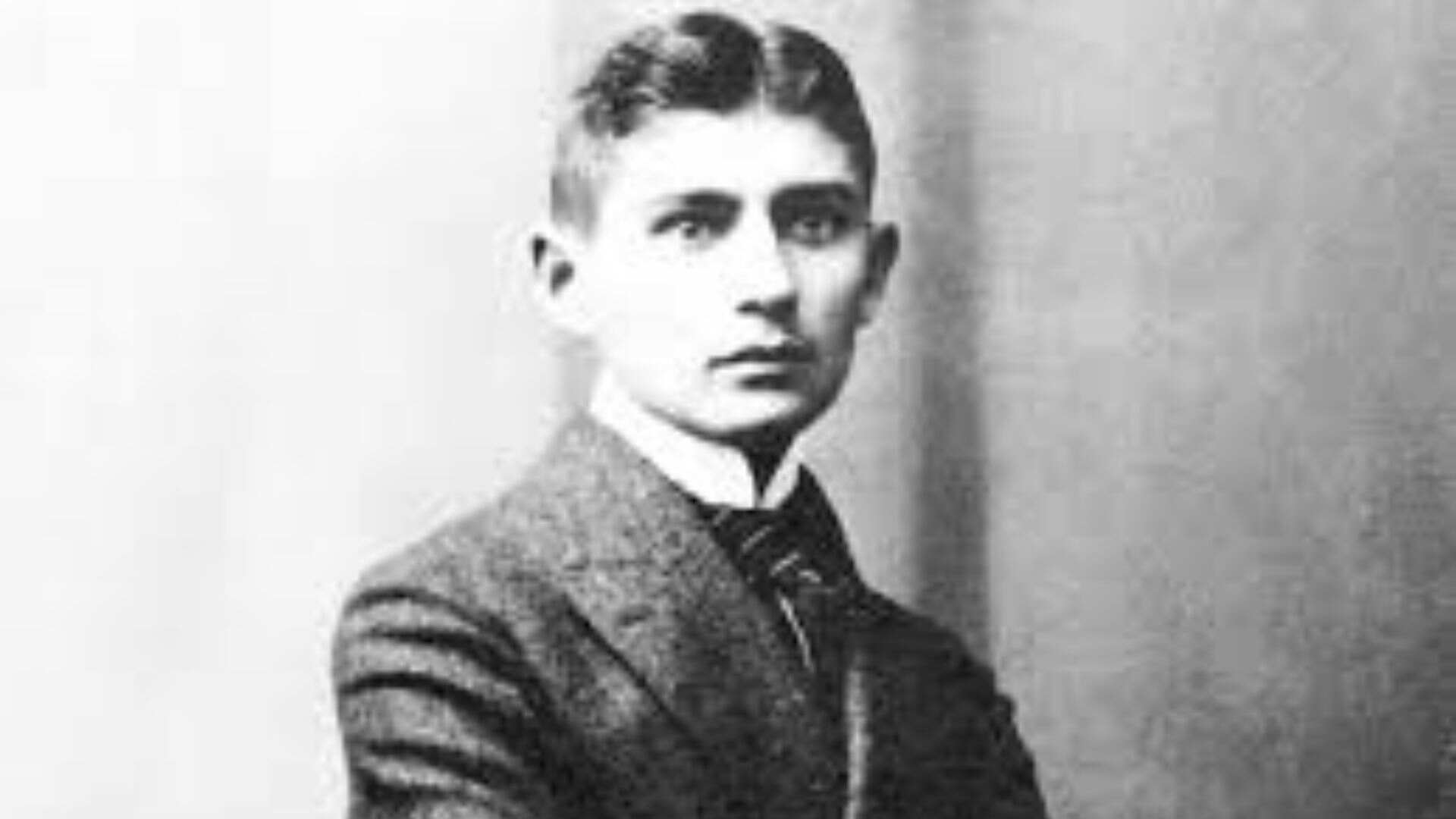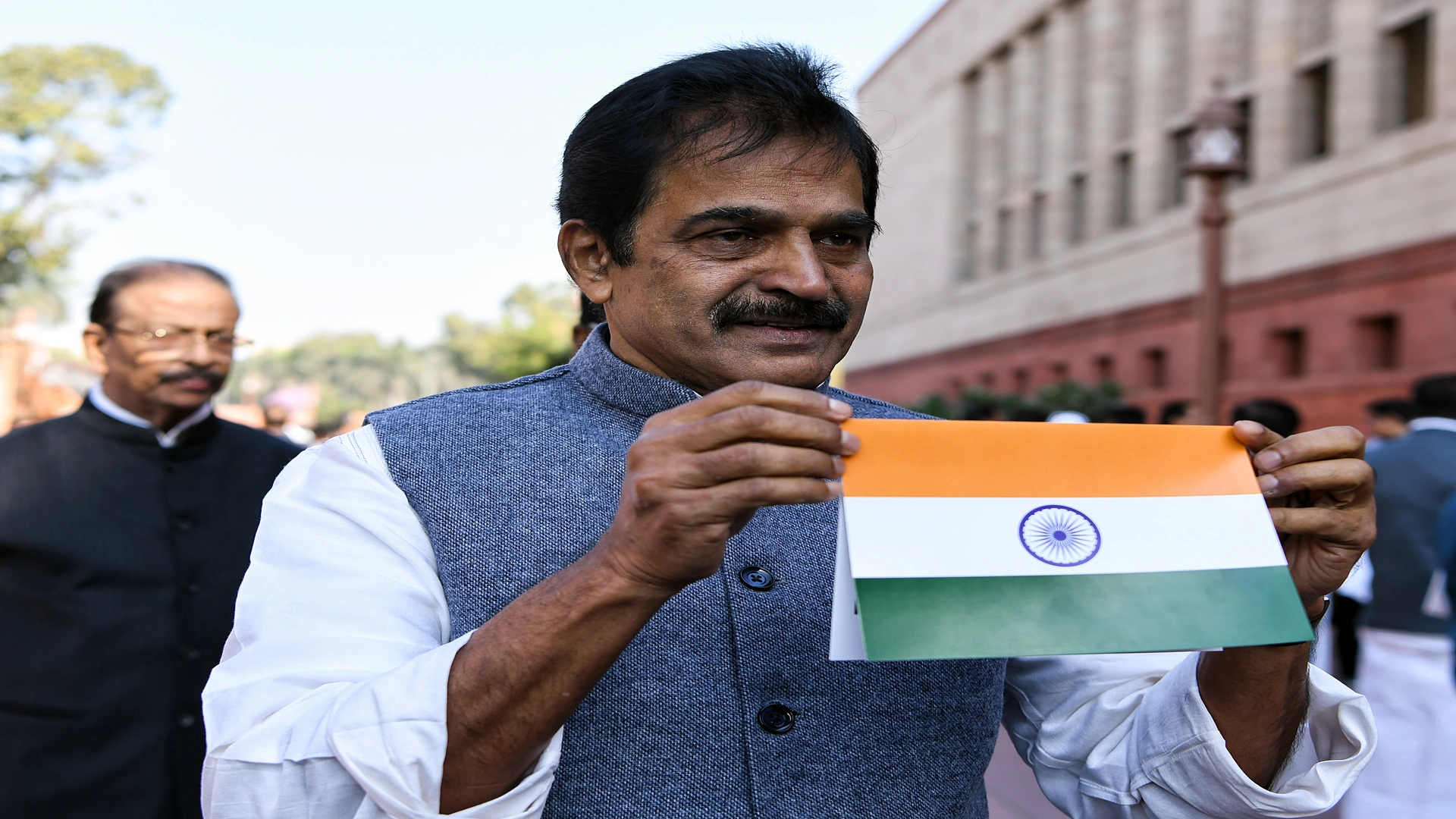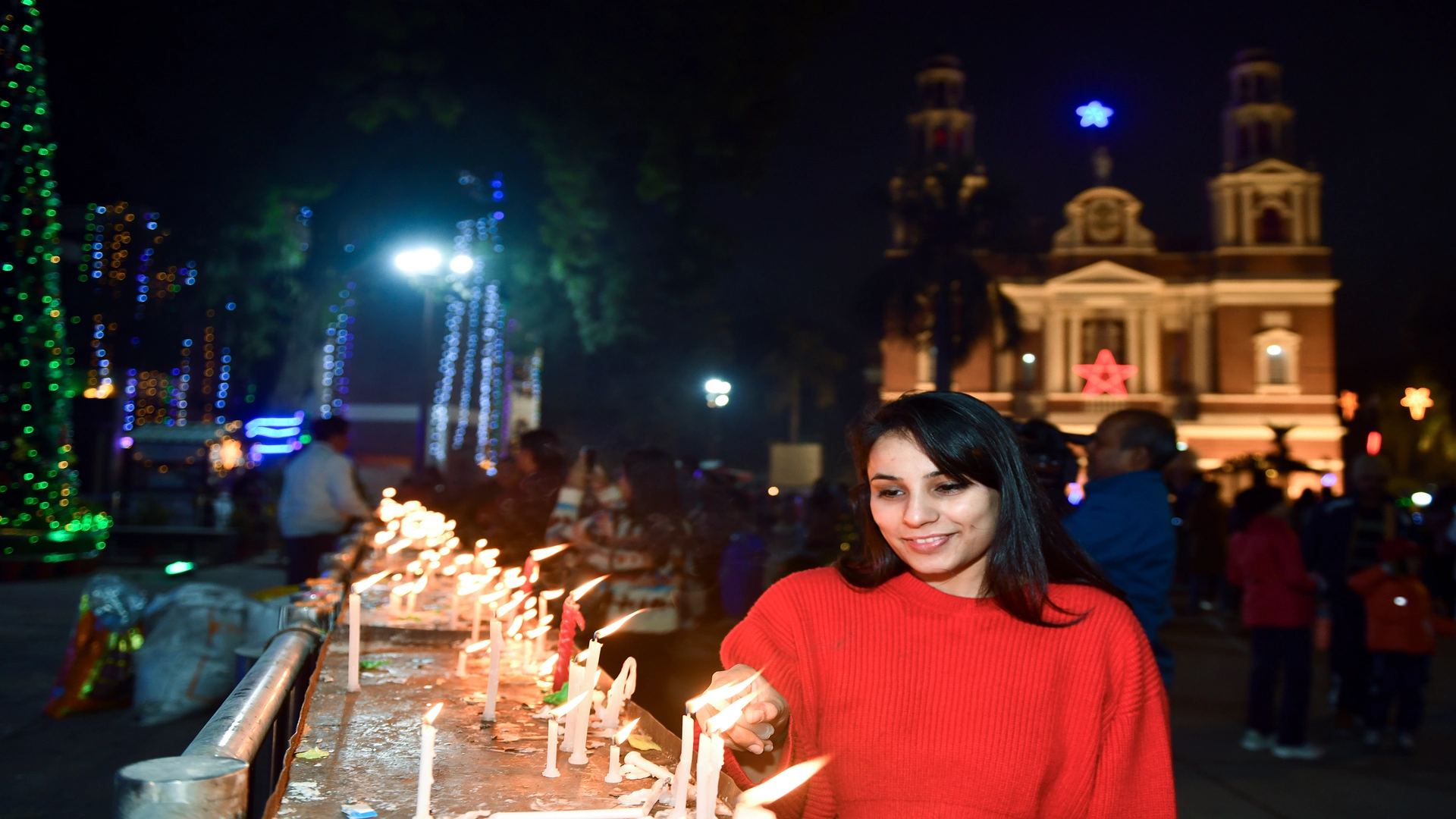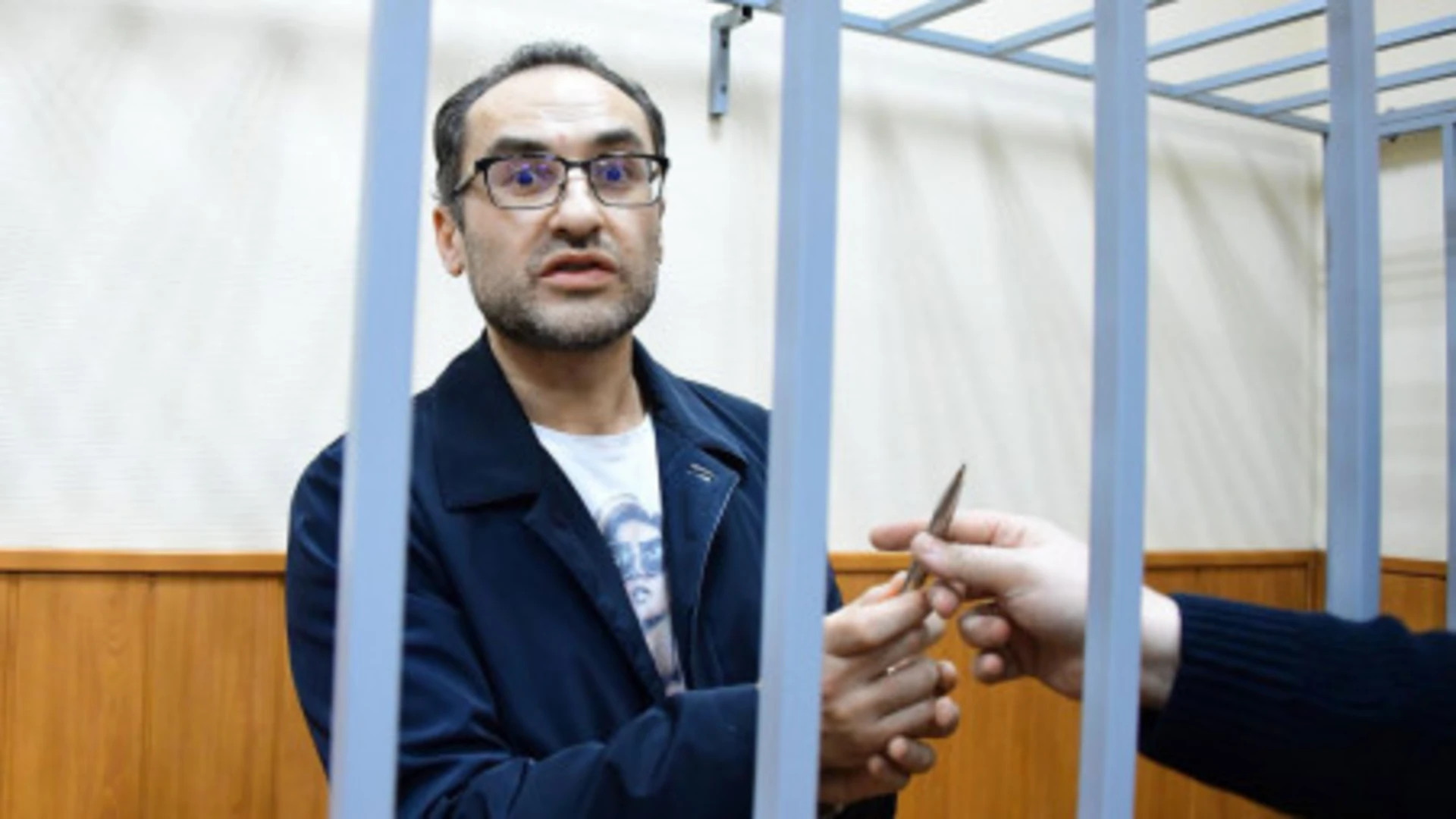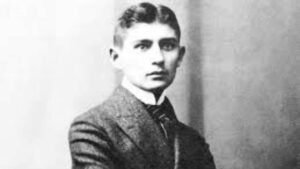The famous yet melancholic Czech-German writer Franz Kafka, who struggled with his own identity throughout his ephemeral life, once said, “He is terribly afraid of dying because he hasn’t yet lived.” This profound statement, born from Kafka’s own inner turmoil, resonates deeply with a universal human fear – not of death itself, but of reaching life’s end only to realize we never truly lived. This profound statement serves as a stark reminder of the tragedy that unfolds when we fail to embrace our authentic selves. In today’s world, we are constantly bombarded with societal expectations, peer pressure, and the curated highlight reels of others’ lives. Amidst this chaos, our true selves often get lost or buried, too afraid to emerge. We adopt masks, play roles, and conform to expectations, all while our genuine desires, passions, and potential remain locked away, yearning to be expressed.
While the global pandemic undoubtedly ushered in an era of chaos and uncertainty, many seized upon the forced introspection to uncover aspects of themselves that had long remained dormant and unacknowledged. A curious alchemy seemed to unfold, as individuals from all walks of life experienced unexpected transformations. The housewife of three decades suddenly blossomed into a singing sensation, her voice unleashed from the shackles of routine. The corporate titan, once consumed by the relentless pursuit of wealth and status, rediscovered the paintbrush and the artist within. Even a seasoned law professor shed her academic trappings to embrace the freedom of the open road as a passionate biker. This begs a crucial question: Why are we so terrified of judgment and the scrutiny of the outside world that we suppress our deepest passions and talents, resigning ourselves to roles and identities that felt ill-fitting? The implications are both sobering and thought-provoking, for in our collective fear of vulnerability, we may have sacrificed the very essence of who we are.
One such event truly provoked me to ponder the stifling weight of societal expectations and how they can so often suppress our real, authentic selves. A friend confided in me about a significant transformation in his life- his newfound courage to embrace his sexual orientation. My heart went out to him, for I knew all too well the immense difficulties facing those with non-heteronormative identities in our society. Having met his parents, simple individuals, like my parents, consumed by the daily grind of financial obligations and traditional concerns like making the next home loan instalment or saving enough to secure a decent dowry for their daughter; I could only imagine the intense pressure and judgment he might face from them and they in turn might face from society. His homemaker mother, whose entire sense of self-worth and social standing was likely tied to the perceived “achievements” of her offspring, would undoubtedly be devastated by such a “deviation” from the norm. In that moment, I extended my unwavering support to my friend, yet I also cautioned him that the path ahead would be arduous. To be one’s true self in the face of such entrenched societal prejudices requires immense courage – a quality I knew one may not always possess. I did not weave grand narratives of defiant rebellion, for I recognized that sometimes, self-preservation and acceptance of one’s limitations are acts of wisdom, not weakness. The simple truth is that the weight of societal expectations can be Herculean, and we must tread carefully, honouring both our authentic selves and the realities we confront. The quest for self-actualization is rarely a straight, unimpeded path, but rather a winding, often precarious route that demands immense fortitude and self-compassion.
Being our authentic selves is not just about our sexual orientation. The homemaker, the doctor, the law professor would have harboured unexplored feelings of being something more- each must undoubtedly been supressed by “what was expected of them”. During a recent lecture, an incident occurred that sparked reflection. While taking attendance, one student responded to my call with a loud salute instead of the customary “present, Ma’am.” His classmates reacted with smirks and mockery, but I intervened, emphasizing the importance of respecting individuals who are courageous enough to embrace authenticity. I pointed out that living one’s truth, particularly in today’s environment of intense societal pressure, is a challenge few of us can truly face; and those of us who do must be celebrated and not mocked.
The unspoken rules, the invisible cages we construct around ourselves and one another, are meant to guide us towards a perceived notion of respectability and success. But in doing so, are we truly creating a society of happy, fulfilled individuals? Or are we simply forging gilded prisons, trapping the authentic self behind bars of conformity?
As the legendary Pink Floyd, a legendary British rock band metaphorically observed about choices and the trade-offs people make in life, “Did You Exchange A Walk On Part In The War For A Lead Role In A Cage?”- where “walk-on part in the war” represents participating authentically, even if in a small or less recognized way, in important or meaningful endeavours. By contrast, the “lead role in a cage” suggests achieving a prominent position that seems desirable but ultimately traps and confines us. This choice reflects how we sometimes give up our true identity and genuine contributions to conform to societal expectations and seek validation, trading authenticity for acceptance and recognition that may feel restricting and unfulfilling.
Kafka’s quote also resonates deeply because it speaks to a common human experience – the realization that in our efforts to fit in, to be accepted, or to avoid judgment, we may have inadvertently sacrificed the very essence of who we are. It’s a chilling wake-up call, reminding us that a life lived inauthentically is hardly a life lived at all.

